I can personally attest to the fact that sleep deprivation can screw you up. Whatever reason you're staying up -- your grades, social media, stress -- don't.
1. Sleep deprivation is lethal.
 It is completely possible to die directly of sleep deprivation, as proven with a group of lab rats in the 1980s. The exact reason as to why -- hypothermia from lack of temperature regulation, an immune system depressed enough that typical intestinal bacteria can overwhelm it, or something entirely different -- is disputed, but the fact stands: stay up too long, and you will die.
It is completely possible to die directly of sleep deprivation, as proven with a group of lab rats in the 1980s. The exact reason as to why -- hypothermia from lack of temperature regulation, an immune system depressed enough that typical intestinal bacteria can overwhelm it, or something entirely different -- is disputed, but the fact stands: stay up too long, and you will die.
2. The record time for a human staying awake is 11 days. It wasn't pretty.
 The record-holder, a 16-year-old Californian student named Randy Gardner, quickly became moody and uncoordinated. By day five, he was suffering hallucinations, eventually ending up paranoid and struggling to form memories. Come day 11, his mental abilities were greatly diminished, with slurred speech, expressionlessness, virtually no memory, and an extremely short attention span.
The record-holder, a 16-year-old Californian student named Randy Gardner, quickly became moody and uncoordinated. By day five, he was suffering hallucinations, eventually ending up paranoid and struggling to form memories. Come day 11, his mental abilities were greatly diminished, with slurred speech, expressionlessness, virtually no memory, and an extremely short attention span.
3. Sleep deprivation cuts the body's ability to deal with pain.
 It’s shown to aggravate chronic pain and disrupts the body’s system for transmitting and interpreting pain, resulting in inflammation and therefore heightening sensitivity to pain.
It’s shown to aggravate chronic pain and disrupts the body’s system for transmitting and interpreting pain, resulting in inflammation and therefore heightening sensitivity to pain.
4. Symptoms of sleep deprivation begin at 17 hours of straight wakefulness, and they get severe quite fast.

They resemble the effects of intoxication, impairing judgement and coordination and increasing distraction exponentially. An estimated average of over 100,000 car crashes per year are caused by drowsiness, and going longer than 19 hours sleepless will leave you with the equivalent of a BAC of .1 (most states set the bar for getting a DUI at .08).
5. Sleep deprivation causes your brain to shrink.
 Poor sleeping quality and habits are connected to expedited shrinkage of the temporal, frontal, and parietal regions of the brain, particularly in the right frontal cortex. There's a decent connection between dementia and Alzheimer's and sleep loss.
Poor sleeping quality and habits are connected to expedited shrinkage of the temporal, frontal, and parietal regions of the brain, particularly in the right frontal cortex. There's a decent connection between dementia and Alzheimer's and sleep loss.
6. Low sleep leads to depression and lack of motivation.

Even small, often-deemed “acceptable” amounts of sleep deprivation eat away at satisfaction, triggering irritability, listlessness, and emotional deadening. Unsurprisingly, it’s got a high correlation with major depression.
7. Dreams are thought to help reinforce memory and strengthen learning
 REM sleep in particular is a necessity for humans -- if deprived of it (but allowed into the other stages of sleep) the brain immediately tries to make up for that in the following nights, neglecting the other sleep stages in favor of REM. It’s not hard to see why: the vast majority of our dreaming seems to happen in REM, which is believed to be vital in long-term memory consolidation and reinforcing learning.
REM sleep in particular is a necessity for humans -- if deprived of it (but allowed into the other stages of sleep) the brain immediately tries to make up for that in the following nights, neglecting the other sleep stages in favor of REM. It’s not hard to see why: the vast majority of our dreaming seems to happen in REM, which is believed to be vital in long-term memory consolidation and reinforcing learning.
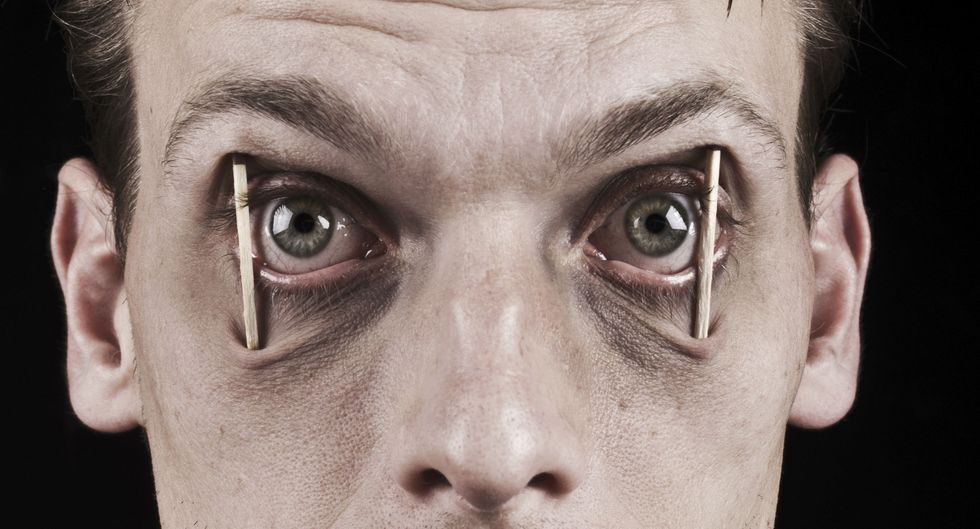
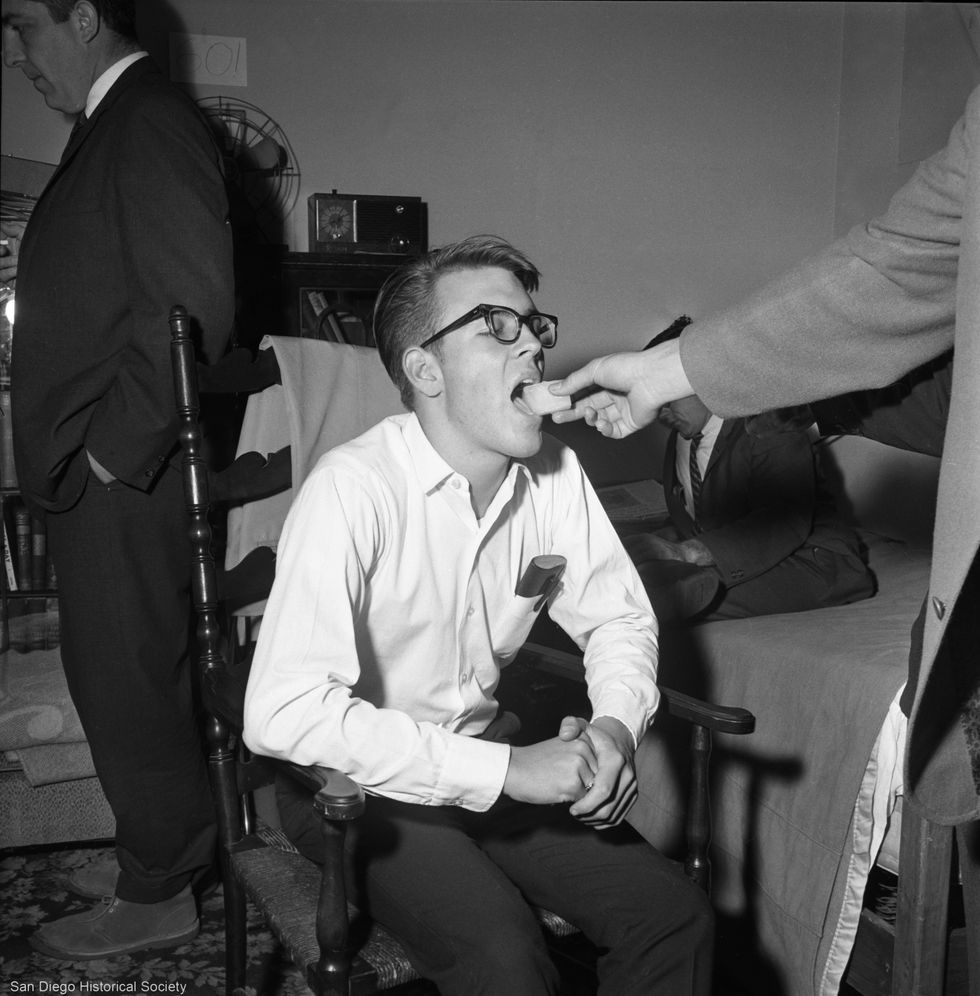

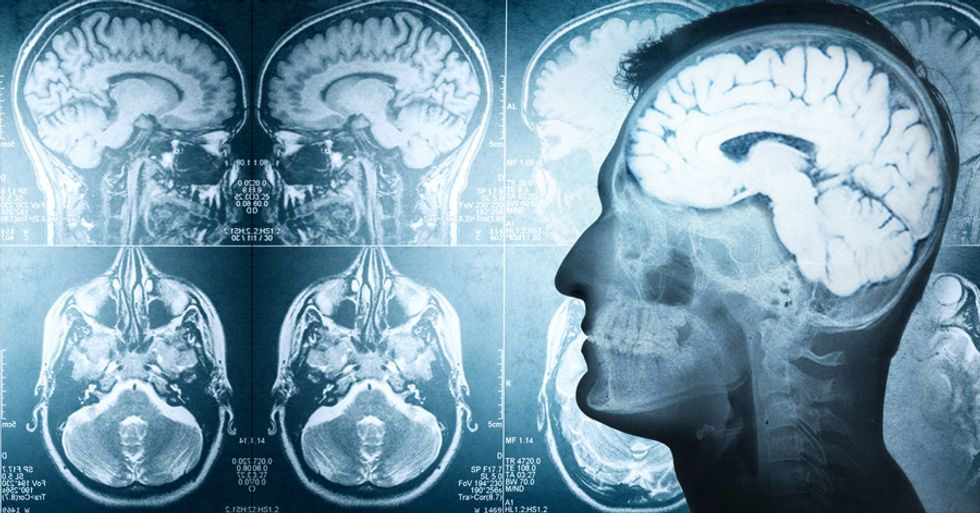
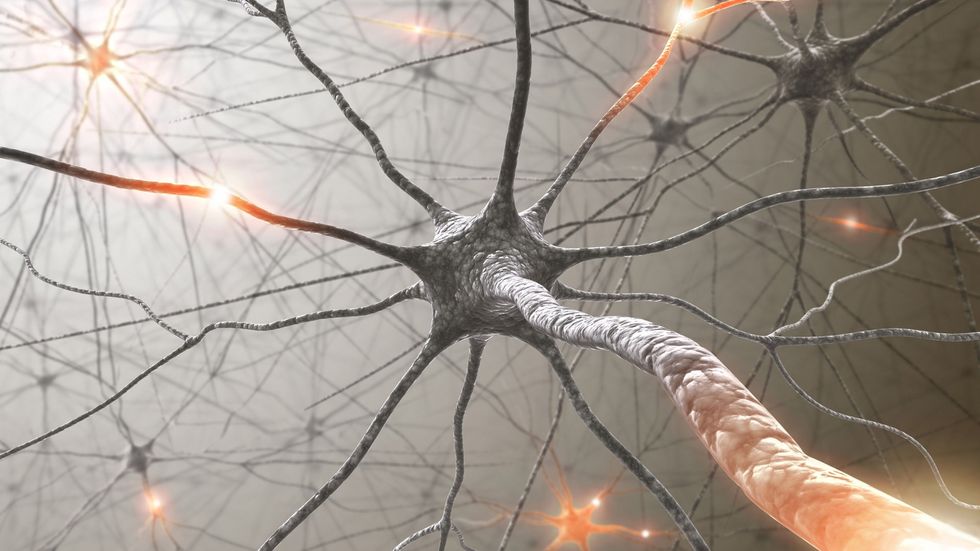

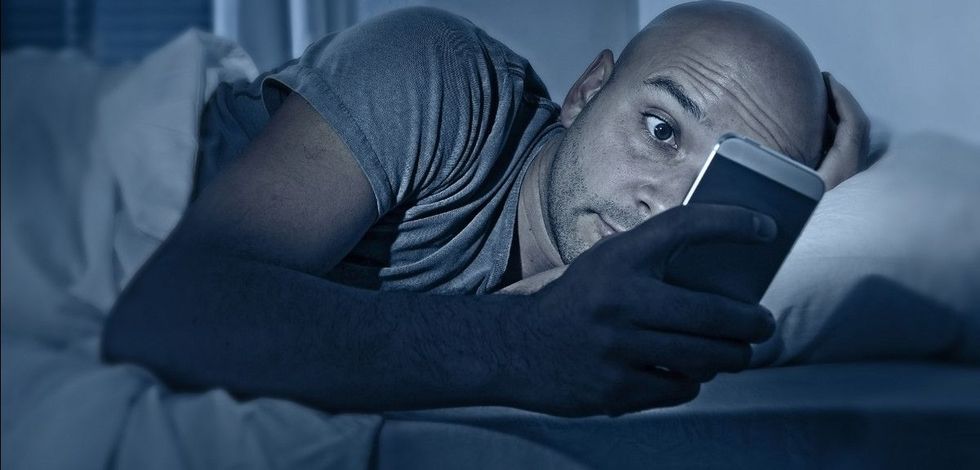





 Energetic dance performance under the spotlight.
Energetic dance performance under the spotlight. Taylor Swift in a purple coat, captivating the crowd on stage.
Taylor Swift in a purple coat, captivating the crowd on stage. Taylor Swift shines on stage in a sparkling outfit and boots.
Taylor Swift shines on stage in a sparkling outfit and boots. Taylor Swift and Phoebe Bridgers sharing a joyful duet on stage.
Taylor Swift and Phoebe Bridgers sharing a joyful duet on stage.












